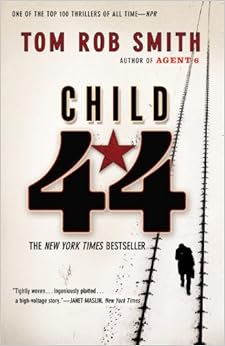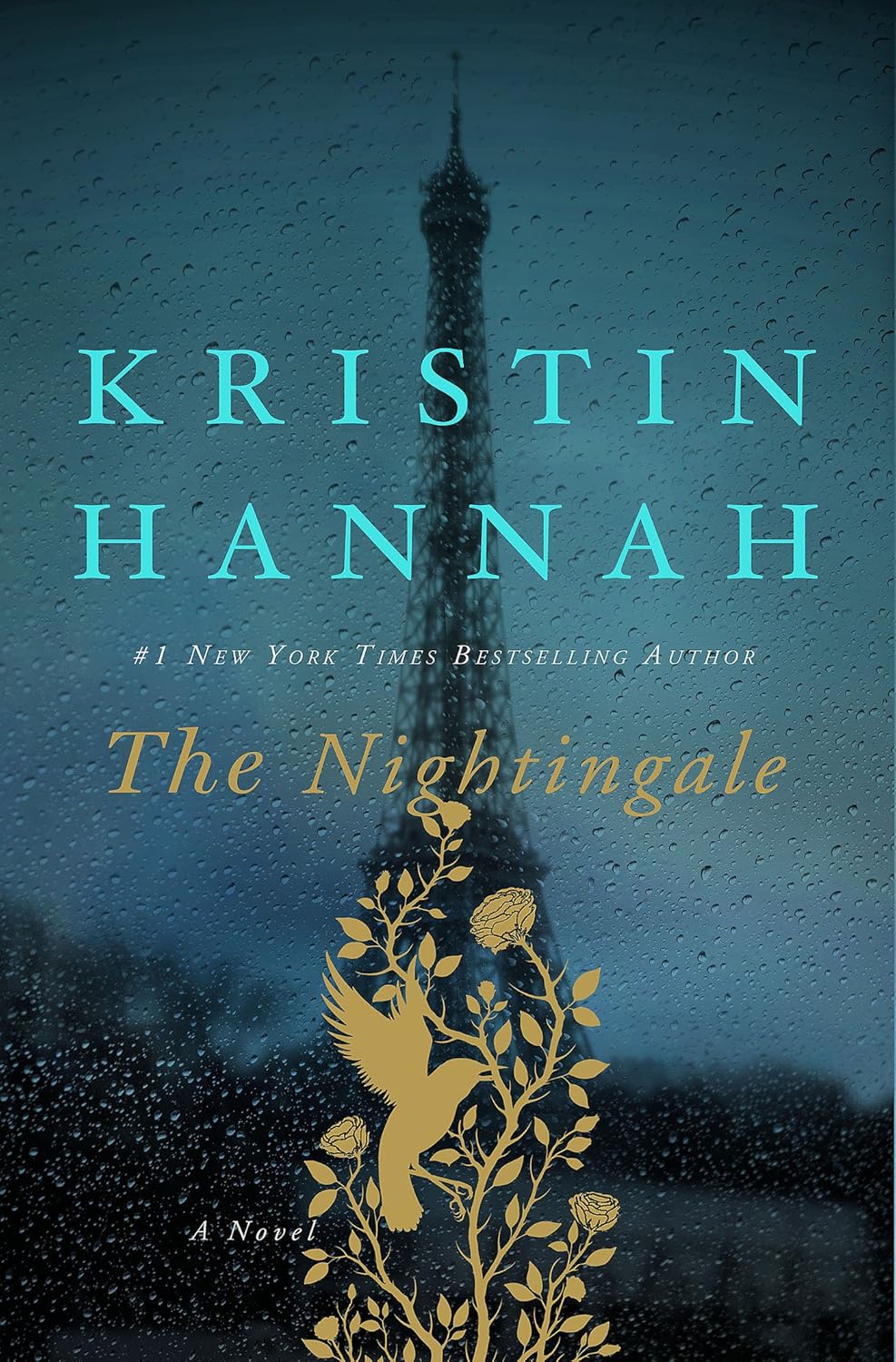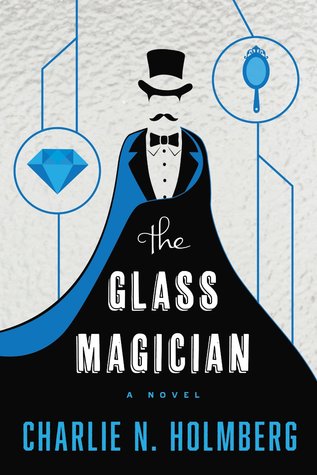Book Two in the MaddAddam Trilogy
Oryx and Crake (read my review here) ended with Jimmy, aka Snowman, encountering the only humans he's come across since the human race was wiped out by an epidemic he unwittingly helped deploy. Spoiler Alert - this book ends in the same place. The Year of the Flood is not a continuation of where we left off in Oryx and Crake, but rather a view of the societal collapse and epidemic from different character perspectives.
Toby is probably one of my favorite female characters in recent fiction. She's immensely strong and pragmatic. We meet Toby at the AnooYoo Spa where she's been holed up to ride out The Waterless Flood unleashed by Crake to wipe out humanity. To survive in this situation the reader knows that beyond good luck there has to be some skills involved. Toby's origin story begins to unfold, and we are taken back in time to when she was just a teenager growing up in a world that was becoming increasingly fractionalized by Corporate Compounds and steroid consumerism. Her story is heart wrenching; laced with loss and hard decisions. Yet, Toby never becomes sullen. Toby survives.
Toby is probably one of my favorite female characters in recent fiction. She's immensely strong and pragmatic. We meet Toby at the AnooYoo Spa where she's been holed up to ride out The Waterless Flood unleashed by Crake to wipe out humanity. To survive in this situation the reader knows that beyond good luck there has to be some skills involved. Toby's origin story begins to unfold, and we are taken back in time to when she was just a teenager growing up in a world that was becoming increasingly fractionalized by Corporate Compounds and steroid consumerism. Her story is heart wrenching; laced with loss and hard decisions. Yet, Toby never becomes sullen. Toby survives.

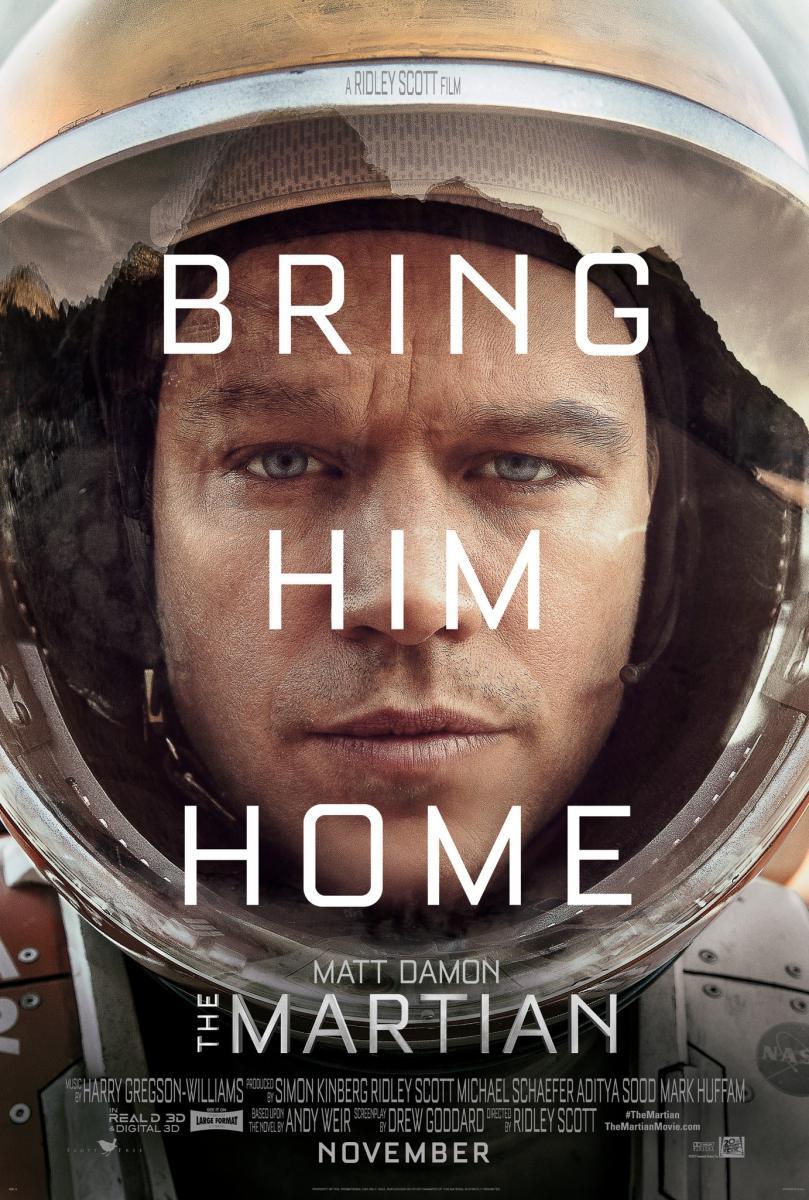

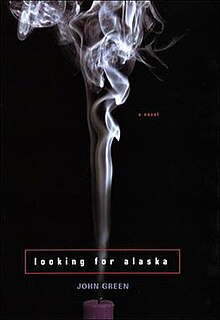

.jpg)




